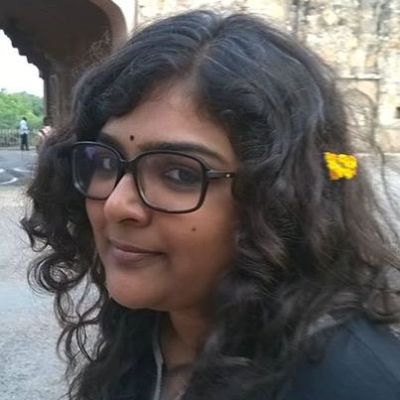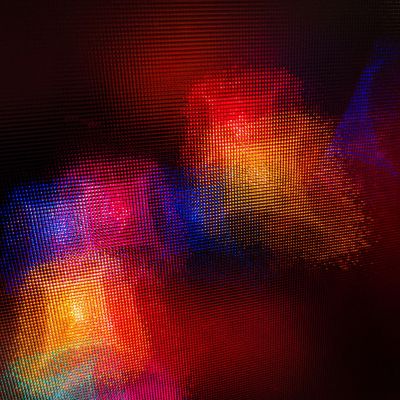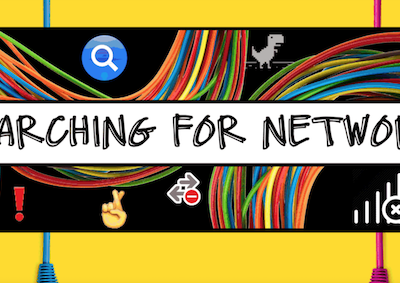internet
In a two-part interview with TARSHI, Paromita Vohra tells it to us as only she can: frank, articulate and free of male cow poop!
In a two-part interview with TARSHI, Paromita Vohra tells it to us as only she can: frank, articulate and free of male cow poop!
Anja speaks with Shikha Aleya about the spread of digital surveillance into almost every aspect of our lives, its implications and what we need to do about it.
Adsa Fatima is a feminist, trainer and resource person working with Sama Resource Group for Women and Health. In this interview, she shares her insights on issues of privacy, safety and inclusion in the context of reproductive health, sexuality and rights, and the family and social environment that influence individual choices and decisions
What we lack are digital spaces and infrastructures that are informed by the needs of their end users, that prioritise safety, comfort, joy and care.
I was watching something recently that said it was a bad thing to be vulnerable, but I don’t think it is a bad thing. I do see that there is a certain amount of power in vulnerability, it also needs courage, in my experience.
If the Internet didn’t exist, I believe I would be a highly insecure person. Don’t read that the wrong…
The internet is playing a major role in activism in the Valley, and love and relationships too Onaiza Drabu Since…
Online dating websites and apps are one of those technological innovations that people did not think would ever do well….
By: Amla Pisharody In August 2016, APC along with some activists and feminists which also included Feminism in India revised and…
Sex and technology link in many different ways – whether its helps overcome a disability or separation from a loved one, or is simply be a way to increase pleasure and excitement.
Digital entanglements transcend bodies, time, geographical borders and boundaries, influencing – and perhaps fundamentally changing – the ways in which we understand, explore and express our sexuality.
The promises of the Internet are, of course, highly contextual. The Internet will mean very different things to a person who has access to their own mobile phone in a city with a reliable and affordable broadband or WiFi connection, as compared to someone who does not have access to a reliable Internet connection or who is unable to go to a shop to exchange downloaded songs and clips through an SD card.
Consent, however, is not so straightforward in the digital world. With instances where data can be hacked into, and with deep fake technologies making it more difficult to distinguish between what is real and what is fake, we have a situation where it is difficult to completely anticipate the kinds of risks involved, and the ways in which sexually explicit material is used.
Thus, you take to the Internet, with its vast landscape of possibilities, and it becomes your means of finding queer solidarity, queer friendships, and even queer love.















